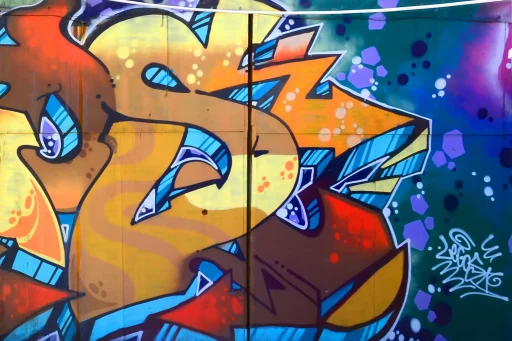Introduction to DOE in Slang
In contemporary communication, especially among younger demographics on social media platforms, slang serves as a rich, evolving lexicon. One term that has garnered attention recently is “DOE.” While it may have a variety of interpretations across different contexts, its most popular usage has made significant inroads into everyday dialogue. In this article, we’ll explore what DOE means in slang, how it’s used, and its implications in casual conversations.
The Meaning of DOE
In slang, “DOE” is an abbreviation for “though.” It’s commonly used to soften statements or imply a contrast.
- Example 1: “I don’t like chocolate cake, DOE, I might still eat it if it’s the only dessert available.” This use implies that the speaker’s preference is overshadowed by the context of available options.
- Example 2: “She’s a great teacher, DOE, she can be a little strict.” Here, DOE signals that while there’s praise, there’s also a notable counterpoint.
Usage in Social Media and Online Communication
Slang often proliferates within digital culture, where brevity is key. DOE is particularly popular on platforms such as Twitter, Snapchat, and TikTok. It serves as a quick way to express thoughts without elongating sentences. According to a 2023 survey on language trends in digital communication, 72% of young adults reported using slang terms regularly in their online conversations.
Case Studies: DOE in Pop Culture
Slang expressions often burgeon through celebrities and pop culture. For example, rapper Kendrick Lamar uses similar language patterns in his lyrics, reflecting the casual, truncated style of modern speech that resonates with youth culture. The prominence of such figures in media helps to normalize terms like DOE in everyday conversations.
Moreover, influencers on platforms like TikTok have adopted slang in videos where they present relatable situations. In these skits, phrases like “That’s funny, DOE” reinforce a sense of community among viewers who understand these references, creating a shared language.
The Nuances of DOE
While DOE is mainly synonymous with “though,” its contextual use varies. Depending on inflection and mood, it can convey sarcasm, disbelief, or genuine commentary. For instance, in a statement like “I didn’t expect him to win, DOE,” the tone can suggest surprise or a casual dismissal of prior beliefs.
- Note: Be mindful of tone! In text, absence of vocal inflection means the intended nuance might not always be clear.
Generational Differences in Slang Usage
The adoption of slang terms like DOE highlights generational differences in language use. Younger generations such as Millennials and Gen Z are likely more inclined to incorporate these terms into regular speech. A recent study conducted by the Pew Research Center found that over 60% of Gen Z respondents reported frequently using slang in their conversations.
This generational shift points toward a broader trend of language evolving to meet the fast-paced nature of digital communication, where clarity and speed take precedence over grammatical precision.
SEO Keywords
To enhance visibility for this topic through search engines, consider the following keywords:
- DOE meaning slang
- slang terms
- popular slang in 2023
- how to use DOE in conversation
- linguistic trends in social media
Conclusion
As language continues to evolve alongside technology and cultural dynamics, understanding contemporary slang like DOE becomes increasingly essential. Whether you’re engaging in casual conversation, contributing to social media, or simply trying to understand the latest trends, knowing what DOE signifies allows for more nuanced communication. As we move forward, such slang will likely continue to adapt and grow, reflecting the ongoing changes in how we connect and converse in a digital age.






